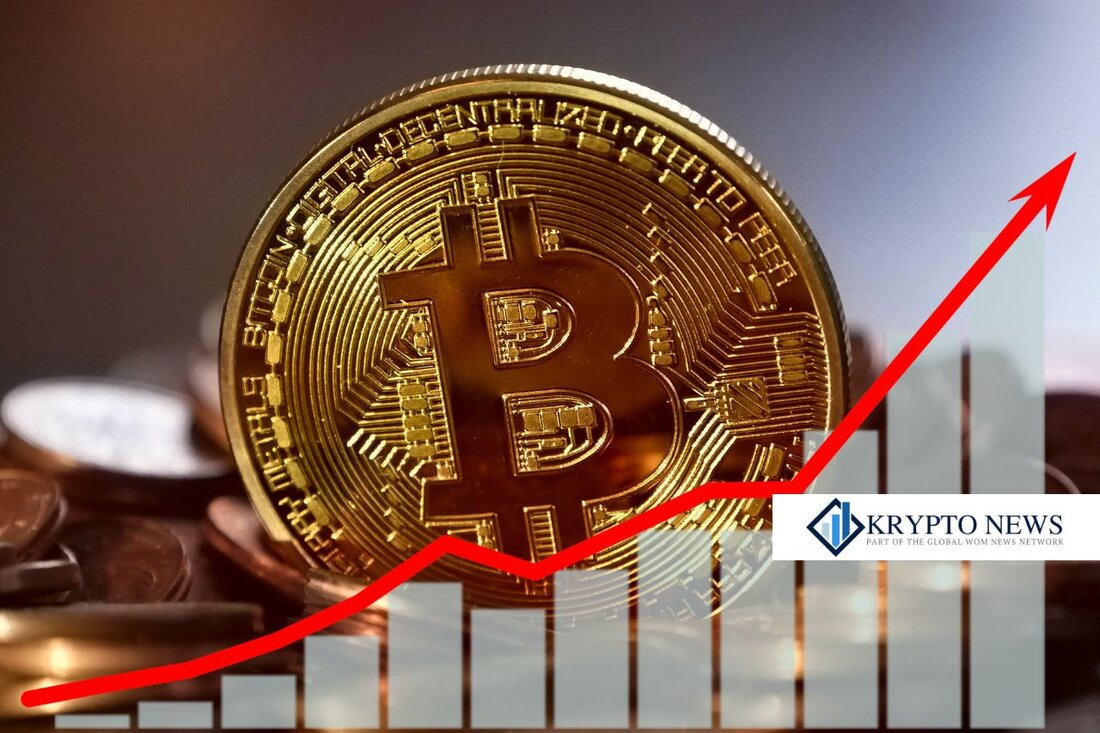Bitcoin: The new economic order in the USA is emerging in Las Vegas!
Bitcoin will become the central pillar of US economic policy, emphasized at the 2025 conference by Vice President JD Vance.

Bitcoin: The new economic order in the USA is emerging in Las Vegas!
Bitcoin has undergone remarkable development in recent years, transforming itself from a niche product to a central part of American economic policy. This was particularly evident at the 2025 Bitcoin Conference in Las Vegas, which was attended by over 35,000 participants, including high-profile politicians and entrepreneurs. Vice President JD Vance emphasized in his speech that Bitcoin and digital assets are part of the mainstream economy. The conference also featured prominent speakers such as Donald Trump's sons and various senators.
One of the central topics of the conference was the BITCOIN Act of 2025, which requires the US government to acquire one million Bitcoins as a strategic reserve within five years. Senator Cynthia Lummis noted that owning four million Bitcoins could theoretically help reduce the national debt, which currently stands at nearly $37 trillion. These aspects illustrate the serious considerations of US policymakers on the future role of Bitcoin in the national economy.
Bitcoin ownership growth
Currently, around 50 million Americans own Bitcoin, which is more than the 37 million who hold gold. This change in ownership shows a significant shift in perception and trust in digital currencies. In fact, Bitcoin has overtaken gold in retail ownership, which could likely change the way assets are valued in the US.
The US also dominates the Bitcoin landscape worldwide. About 40% of the Bitcoin mined worldwide is held by Americans. Additionally, publicly traded US companies account for nearly 95% of global corporate Bitcoin holdings. These numbers illustrate the leading role of the USA in the field of cryptocurrencies.
A new concept of reserve assets
Bitcoin offers a new form of reserve asset that combines scarcity, transparency and portability. These characteristics make Bitcoin attractive to investors and as a hedge against economic uncertainty and poor political decisions. Many view Bitcoin as a symbol of growth and wealth creation.
What is particularly noteworthy is that Bitcoin is available anywhere and at any time. It has no borders and does not require centralized clearinghouses, highlighting the advantages of this digital currency. Additionally, Bitcoin represents values such as individual responsibility, innovation and a move away from central control, characteristics that will be considered relevant in the upcoming celebration of the US 250th anniversary next year.
As mentioned, Bitcoin is limited to 21 million units and mining requires both labor and energy, reinforcing its uniqueness among digital currencies. These framework conditions not only bring a new dimension to the economic debate, but also represent the potential for a sustainable transformation of economic thinking and wealth structures.
In the future, Bitcoin could play a crucial role in American economic strategy, similar to the early phase of the Internet. The developments of the last few years show that Bitcoin is more than just an investment; it could form the basis for a new financial architecture that fundamentally changes the U.S. economic landscape.
The momentum that Bitcoin is developing today could be the foundation for a new era of economic independence and innovation in the US that goes far beyond current expectations. With this in mind, Bitcoin advocates are optimistic about the future.
For more information about Bitcoin's role in American economic policy, visit it-boltwise.de and forbes.com.

 Suche
Suche
 Mein Konto
Mein Konto
